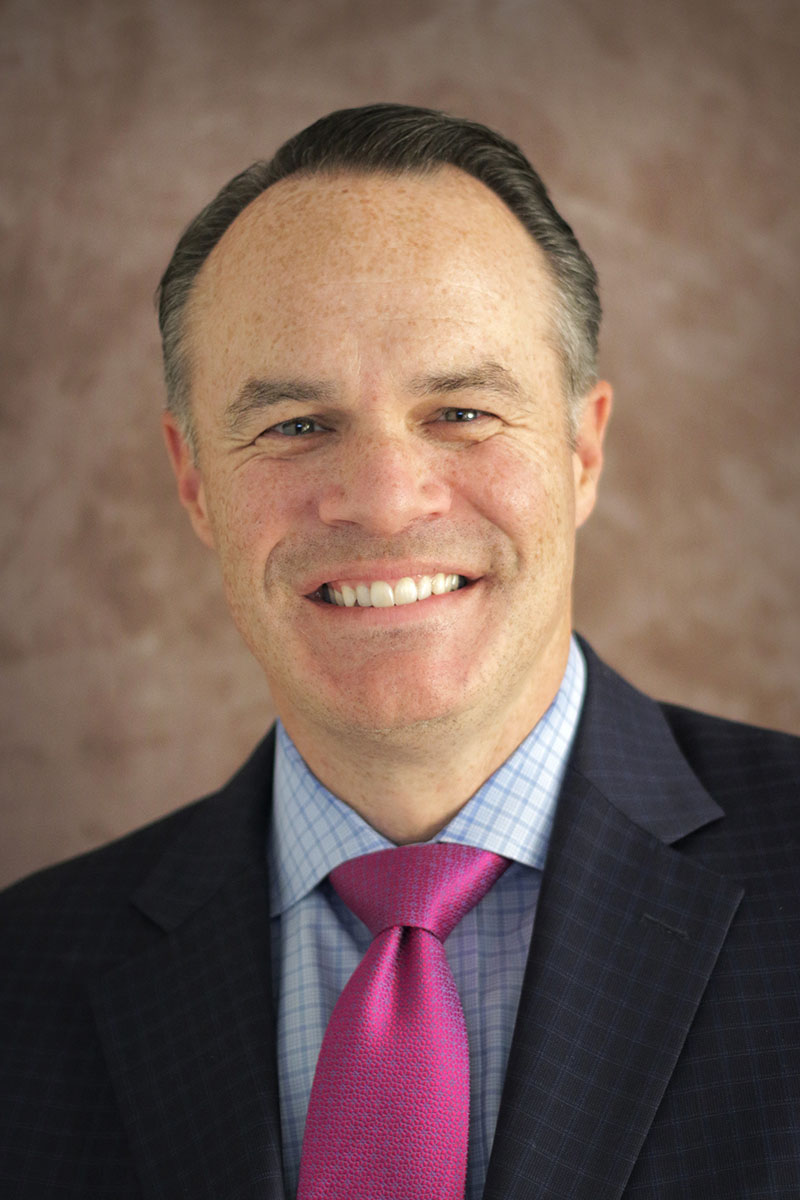Sessions With Mike Sommers
Tuesday, 12 March
-
11:35am - 12:35pm (CST) / -
Sustainability in the Oil & Gas Industry
Panel Gas Oil Climate/Environment/SustainabilityClimate change and transition risk are causing companies to test business models and adjust strategies to create long-term competitive advantage. Different companies are taking different approaches as they balance corporate portfolios: How much investment should go into clean energy? What are investors demanding? Is there a diversification strategy? How will they balance growth, financial returns, and company cultures? This session will discuss what lower carbon energy investments are being made, vertical diversification strategies, and short-term versus long-term value creation.
- Speakers:
- Susan Farrell
- Mark Brownstein
- Ted Halstead
- Mike Sommers
- Bjørn Otto Sverdrup
- Dr. V.P. Joy

